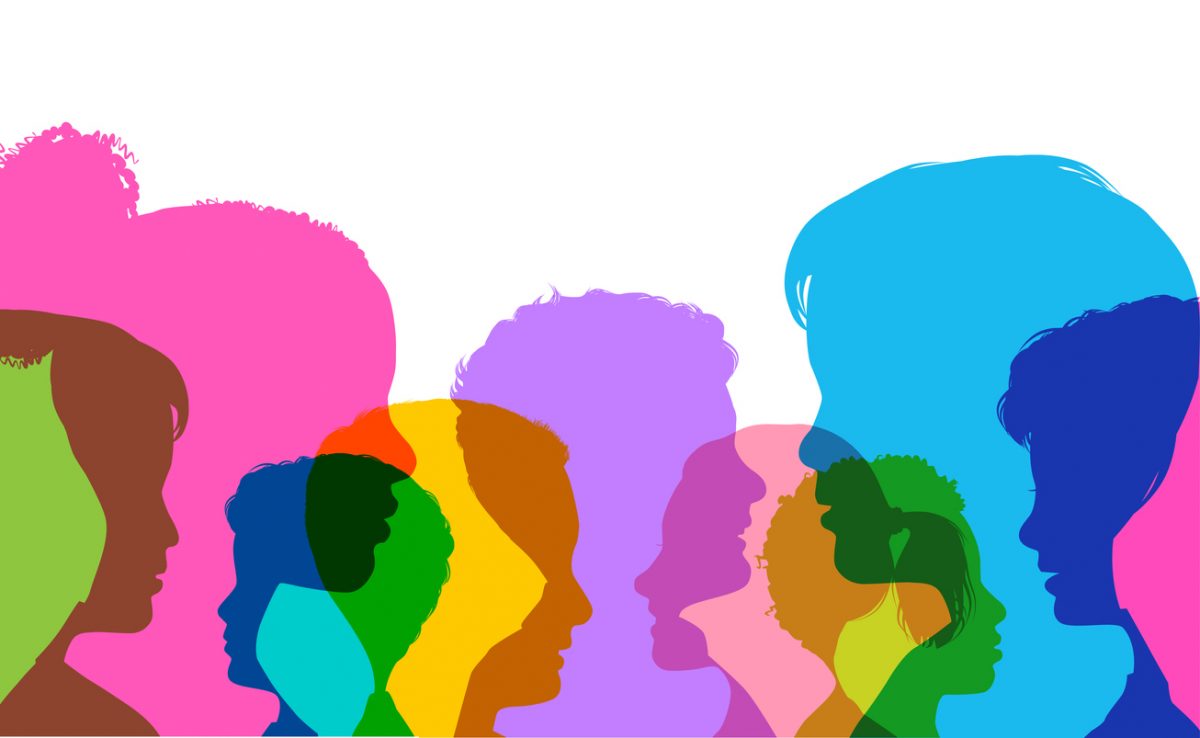Objective: To determine if gabapentin is effective either as adjunctivetreatment or as monotherapy for major affective disorders in a naturalistic setting.
Method: All charts of patients meeting DSM-IV criteria for bipolardisorder or unipolar major depressive disorder treated with gabapentin in a privatepsychiatric practice were reviewed and clinical response was assessed retrospectivelyusing the Clinical Global Impressions scale for Improvement (CGI-I).
Results: Gabapentin was moderately to markedly effective in 30% (15/50)of patients, with statistically nonsignificant differences between patients with bipolardisorder type I, bipolar disorder type II and NOS, and unipolar major depressive disorder.70% reported side effects, mainly sedation, with 16% of the total sample discontinuingtreatment due to adverse events.
Conclusion: Gabapentin appears to be somewhat effective as add-ontreatment in a subgroup of patients with mood disorders in a naturalistic setting.Prospective, controlled studies are required to clarify these pilot data.
Enjoy this premium PDF as part of your membership benefits!



